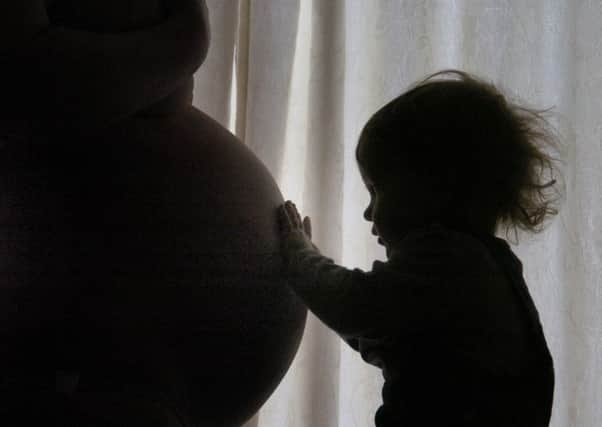Alzheimer's gene can affect young children's brains


A part of the brain vital to memory was found to be smaller and less well developed in children younger than eight who had the gene variant.
Some of the youngest affected children also performed less well in tests of working memory, planning and organisational skills, and attention.
Advertisement
Hide AdAdvertisement
Hide AdHowever, scientists found that even children with the Alzheimer’s mutation achieved normal scores in thinking tests after the age of eight.
Previous research has shown that people with a particular variant of the apolipoprotein-E gene called epsilon 4 are more likely to develop Alzheimer’s than those with two other versions of the gene.
For the new study, researchers analysed DNA samples from 1,187 individuals aged three to 20 to identify those with the Alzheimer’s variant.
They also conducted brain scans and tests of memory and thinking skills. None of the participants had brain disorders or other problems that could have affected their brain development, such as exposure to drugs in the womb.
A key discovery was that the hippocampus – a brain region essential to memory that is especially vulnerable to Alzheimer’s damage – was smaller and less well assembled in young children with the epsilon 4 variant.
Lead researcher Dr Linda Chang, from the University of Hawaii, said: “These findings mirror the smaller volumes and steeper decline of the hippocampus volume in the elderly who have the epsilon 4 gene.”
Two other versions of the apolipoprotein-E gene exist besides the epsilon 4 variant, epsilon 2 and epsilon 3.
Since a copy of apolipoprotein-E is inherited from each parent, epsilon 4 can appear in a range of paired combinations with itself or the other two variants. The brain scans showed that some children with two copies of epsilon 4, or one copy of epsilon 4 paired with one copy of epsilon 2, had lower scores in tests of memory and thinking.
These findings are published in the latest online issue of the journal Neurology.